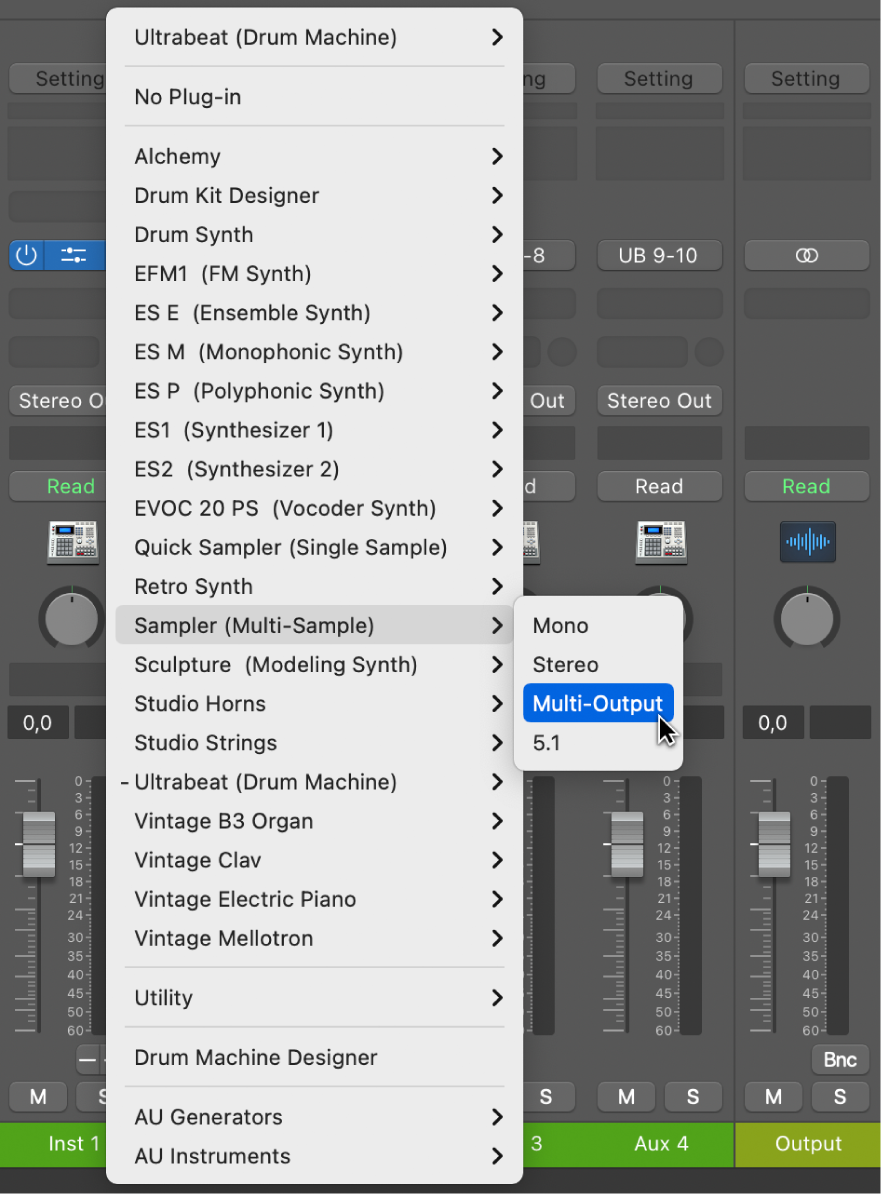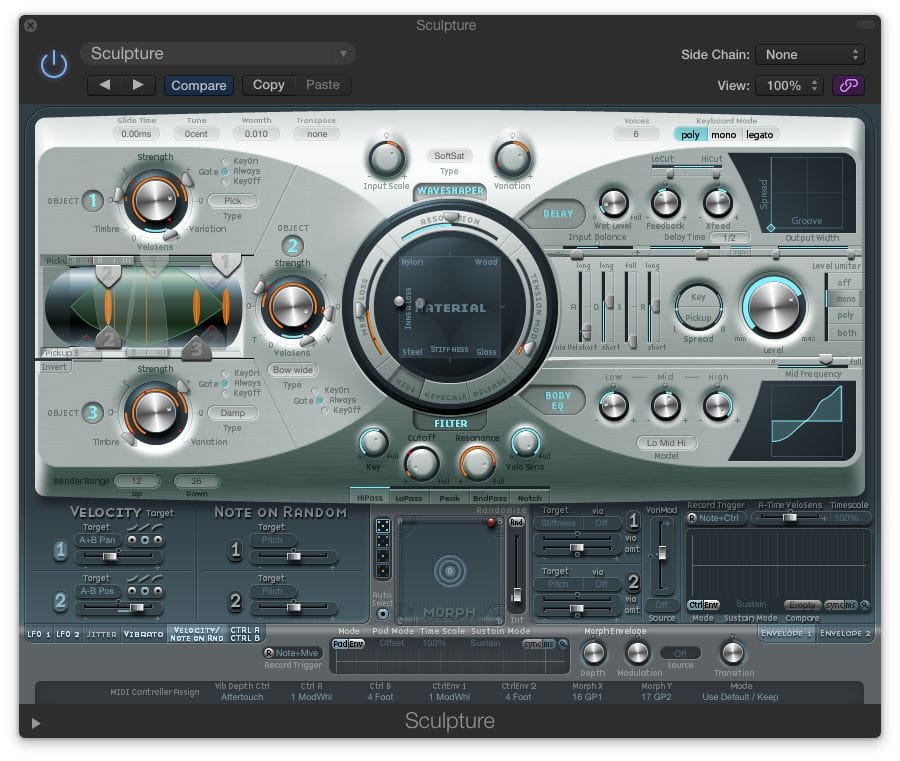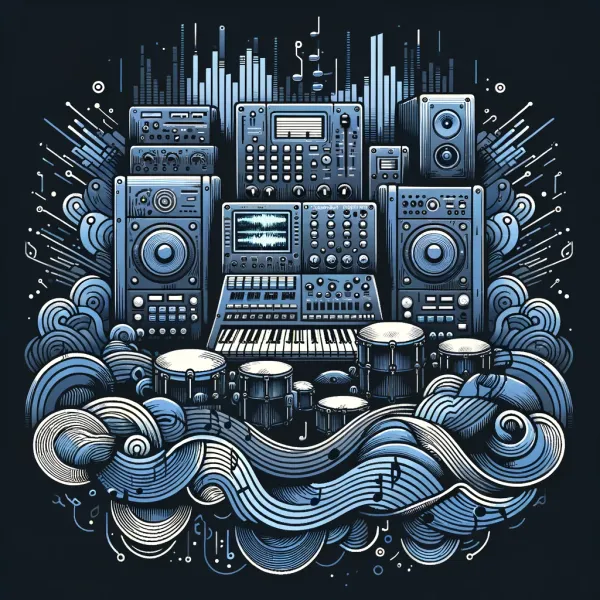Ableton Live vs Logic Pro in 2024
Explore the key differences between Ableton and Logic Pro to help determine which DAW suits your music production needs. Gain insights on features, usability, and performance in this expert review.

Choosing between Ableton and Logic Pro can be an important decision for your workflow. These two DAWs offer distinct approaches, so it's key to find the one that aligns best with your production style.
Let's take a closer look at how they compare.
Origins & Evolution: Logic vs Ableton
Ableton Live, launched in 2001 by Ableton in Berlin, is designed for live performances as much as for production. Its revolutionary non-linear ‘Session View’ allows for on-the-fly composition, making it a favorite among electronic musicians and live performers.
Logic Pro, developed by Apple and initially released as Notator Logic in 1993, is more traditional in its approach. Known for its robust editing tools and comprehensive mixing capabilities, it is a powerhouse for studio recording, especially for large projects involving multiple tracks and intricate arrangements.
User-Friendliness: Getting Started
Ableton’s Interface:
Ableton's interface is straightforward, making it accessible for beginners yet powerful enough for advanced users. Its drag-and-drop functionality and color-coded elements simplify the workflow, significantly reducing the learning curve. It has a unique "session view" that lends itself well to more improvisational, electronic, and beat-driven production.

Logic Pro’s Comprehensive Environment:
Logic Pro might seem intimidating at first with its dense menus and complex features. However, it offers a range of educational resources, including detailed tutorials that help new users master its capabilities efficiently. It has a more traditional timeline layout, which might feel more familiar if you've used other DAWs.

Core Functionalities: Production and Live Performance
Session vs. Arrangement:
Ableton’s unique Session View provides an exceptional environment for improvisation and live performance, allowing users to mix and match musical ideas without constraints. In contrast, Logic Pro excels in the Arrangement View, offering superior features for track layering, editing, and finalizing music in a traditional timeline format.
Toolsets for Creativity and Precision:
Both DAWs offer extensive sound libraries and plugins. Ableton is particularly strong in built-in synthesizers and effect racks that are intuitive for live tweaks.

Logic Pro, meanwhile, provides a wider array of high-quality virtual instruments and more precise mixing tools, suitable for detailed sound engineering.

Mixing and Mastering Capabilities
Ableton’s Streamlined Mixing:
Ableton offers a clean and efficient mixing console that is easy to navigate. It includes essential tools for dynamic range control, equalization, and effects, ideal for quick mixes that need to be done on the spot.
Logic Pro’s Advanced Mastering:
Logic Pro features a comprehensive suite of mastering plugins, such as the Multipressor and Limiter, which provide granular control over the final output. Its environment is favored for producing polished, release-ready tracks.
Final Words: Ableton and Logic Pro
So at the end... Logic vs Ableton? Who comes out on top?
The choice between Ableton and Logic Pro should be guided by your specific needs:
- Ableton Live is recommended if you value a flexible workflow suitable for both studio and stage, particularly if live performance and electronic music production are your focus.
- Logic Pro is the better option for those involved in complex productions that require meticulous editing and mixing capabilities, ideal for producers and engineers who prioritize quality and detail in their projects.
Take some time to explore both DAWs and see which one resonates with your production style and workflow. It's about finding the right tool to bring your vision to life.





